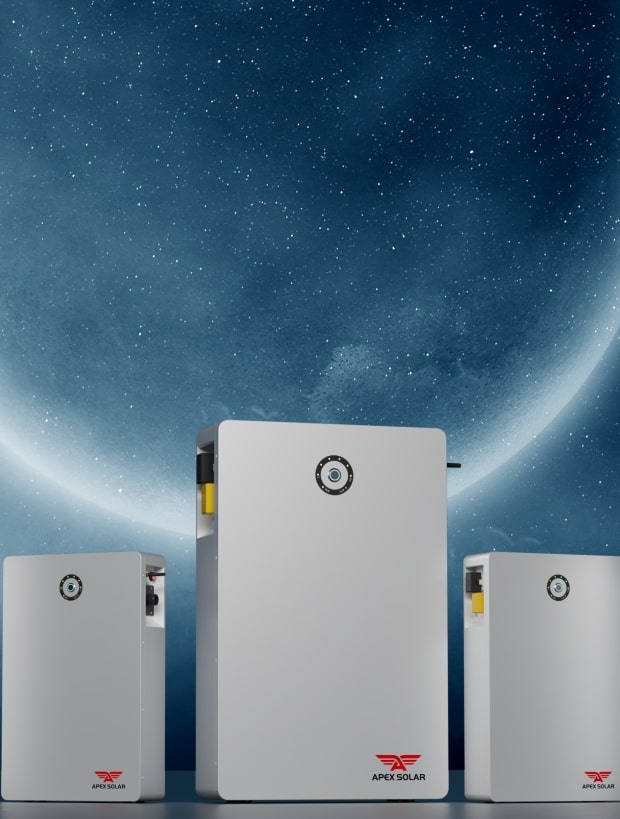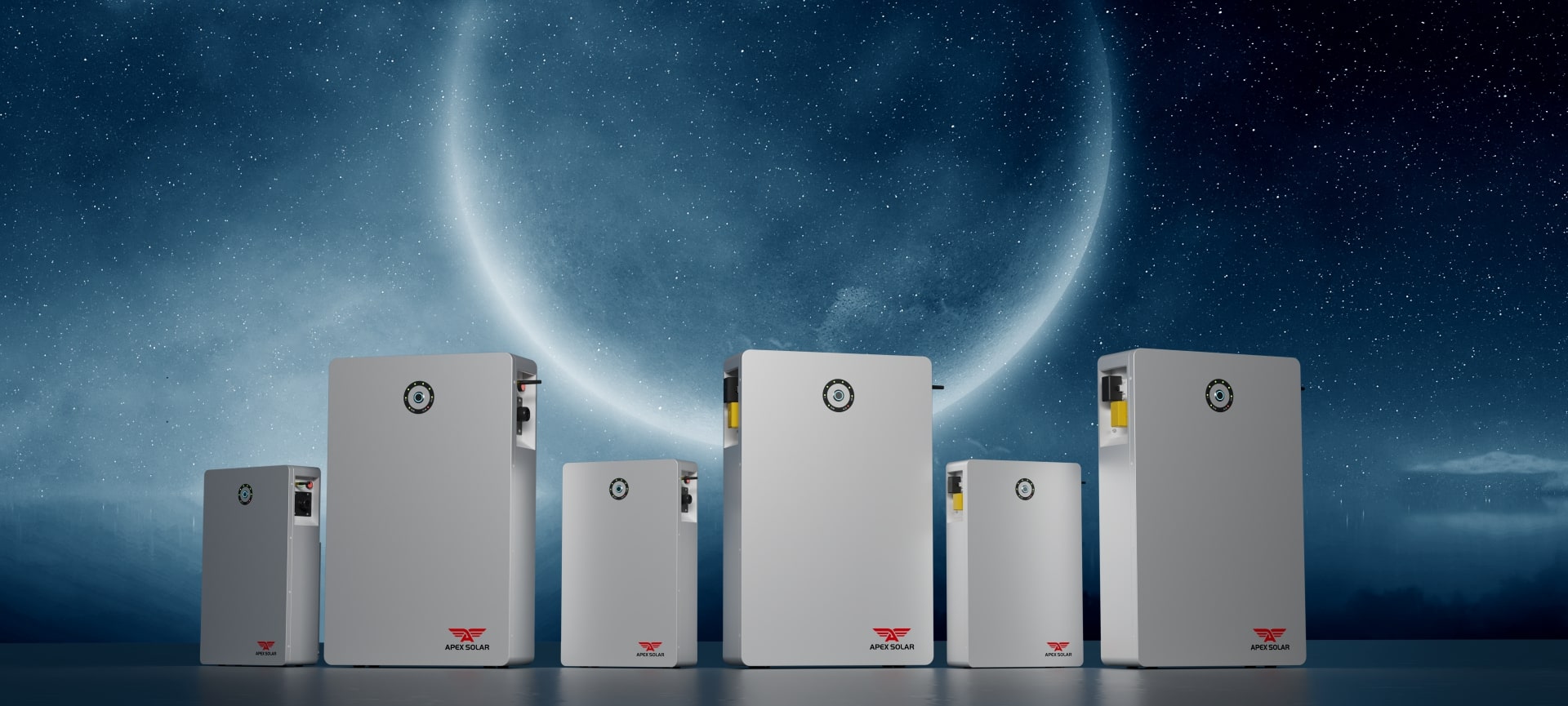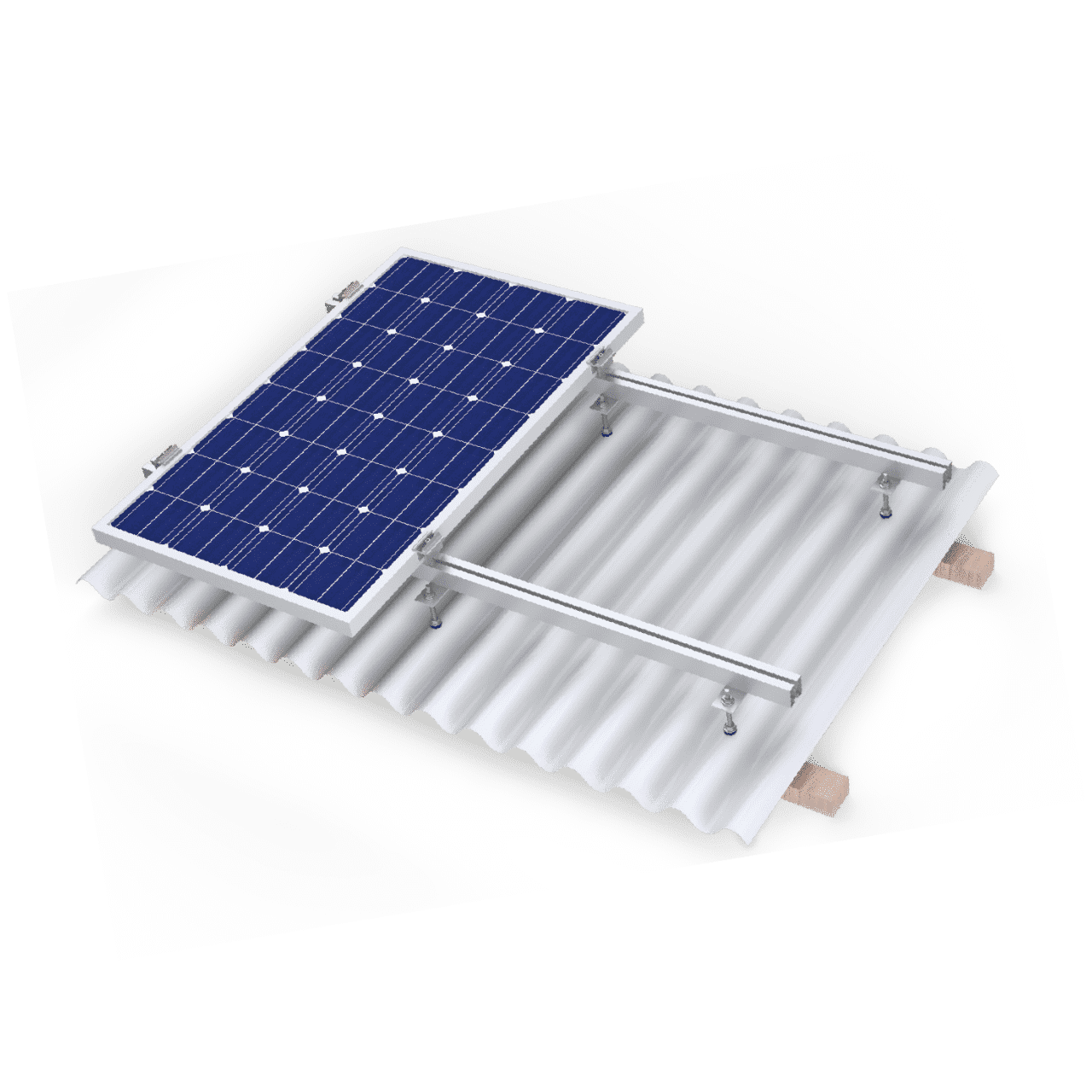Do Solar Batteries Really Last 10+ Years? Pakistan Insights 2025
September 24, 2025

With rising electricity costs and frequent load-shedding, more and more homeowners in Pakistan are turning to solar energy. But when it comes to investing in solar batteries, one of the most common questions is:
Do solar batteries really last 10+ years in Pakistan’s climate?
In this blog, we’ll break down the lifespan of solar batteries, factors that affect their durability, and whether they’re a reliable long-term investment in Pakistan.Average Lifespan of Solar Batteries
- Lead-Acid Batteries: Typically 3–5 years in Pakistan (budget-friendly but shorter lifespan).
- Lithium-Ion Batteries: 8–12 years (higher upfront cost but much longer durability).
- Gel & AGM Batteries: Around 4–7 years depending on usage.
In real-world conditions, lithium-ion solar batteries are the only type that can truly last 10+ years, making them the smarter choice for long-term savings.
Key Factors That Affect Battery Life in Pakistan
- Climate & Heat Exposure – Pakistan’s hot summers can shorten battery life if proper ventilation and cooling aren’t maintained.
- Depth of Discharge (DoD) – Frequently draining batteries to 0% reduces lifespan; keeping them above 20–30% extends durability.
- Charging Cycles – The more charging/discharging cycles a battery endures, the faster it wears out. Lithium-ion batteries handle thousands of cycles better.
- Maintenance – Lead-acid batteries require regular water refilling, while lithium-ion are virtually maintenance-free.
- Inverter & System Compatibility – A mismatch between battery size and solar system load can reduce performance and shorten life.
Is It Worth Paying More for Lithium-Ion Batteries?
Yes — and here’s why:
- Lasts 2–3 times longer than lead-acid.
- Higher efficiency (90–95%), meaning more usable power.
- Compact & lightweight compared to bulky lead-acid setups.
- Lower maintenance cost over the long run.
While lead-acid may seem cheaper upfront, most homeowners in Pakistan end up replacing them multiple times in 10 years, making lithium-ion the better ROI choice.
Real-Life Example – 10-Year Cost Comparison
| Battery Type | Average Lifespan | Replacement Frequency (10 yrs) | Approx. Cost in Pakistan | Total Cost Over 10 yrs |
|---|---|---|---|---|
| Lead-Acid | 3–5 years | 2–3 times | PKR 80,000–120,000 | PKR 200,000–300,000+ |
| Lithium-Ion | 8–12 years | 1 time | PKR 250,000–400,000 | PKR 250,000–400,000 |
Conclusion: Lithium-ion may cost more upfront but saves you from repeated replacements.
Can Solar Batteries Survive Pakistan’s Climate for 10 Years?
Yes — but only under the right conditions:
- Use high-quality lithium-ion batteries.
- Ensure proper installation & ventilation.
- Match battery size to your actual load requirements.
- Invest in a reliable solar installer for warranty and after-sales support.
Final Thoughts
So, do solar batteries really last 10+ years in Pakistan?
- Lead-acid batteries: No, they usually don’t.
- Lithium-ion batteries: Yes, with proper installation and usage, they can reliably last 10+ years even in Pakistan’s climate.
If you’re planning solar for long-term savings, always ask your installer about battery brand, warranty, and cycle life before making the investment.
Related Post
Project Inquiry
If you have a project request, please submit the form here and our sales consultant will contact you as soon as possible.



